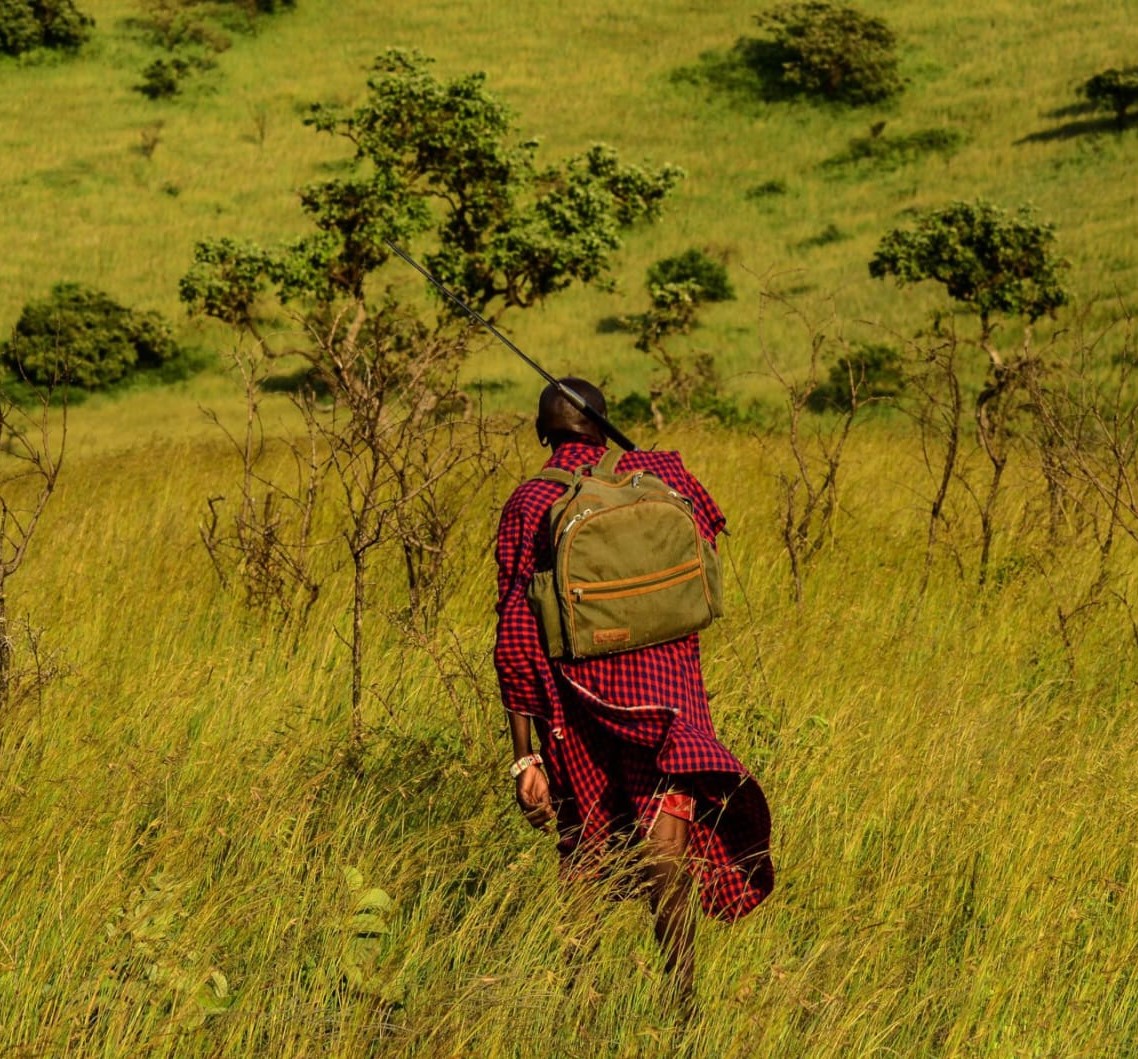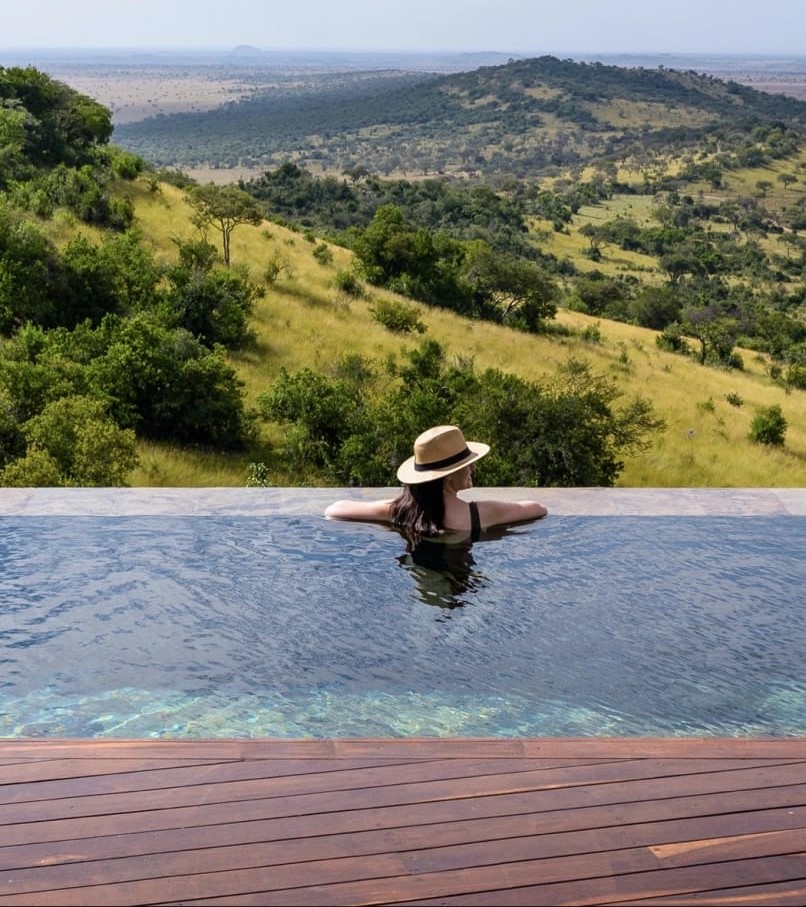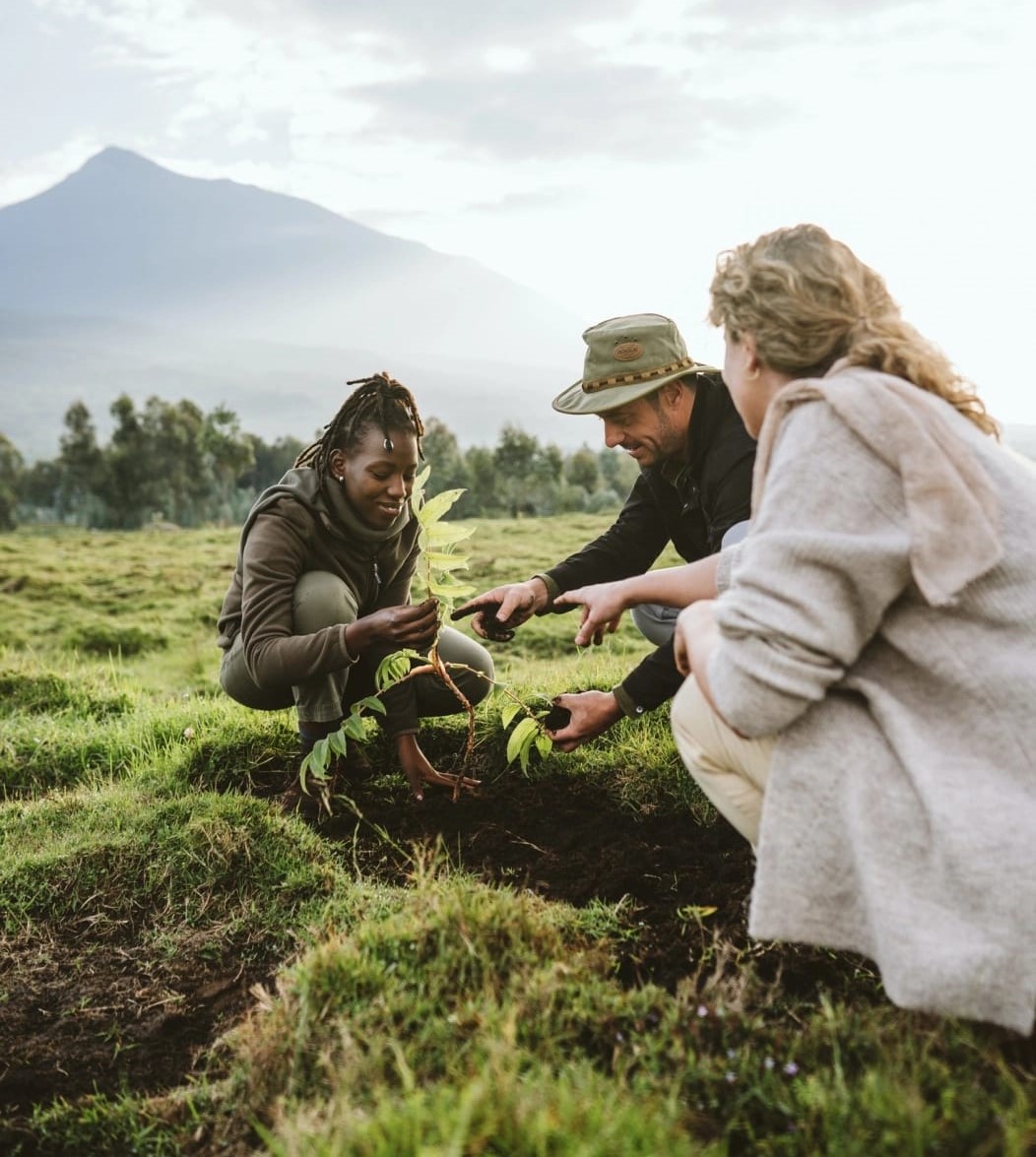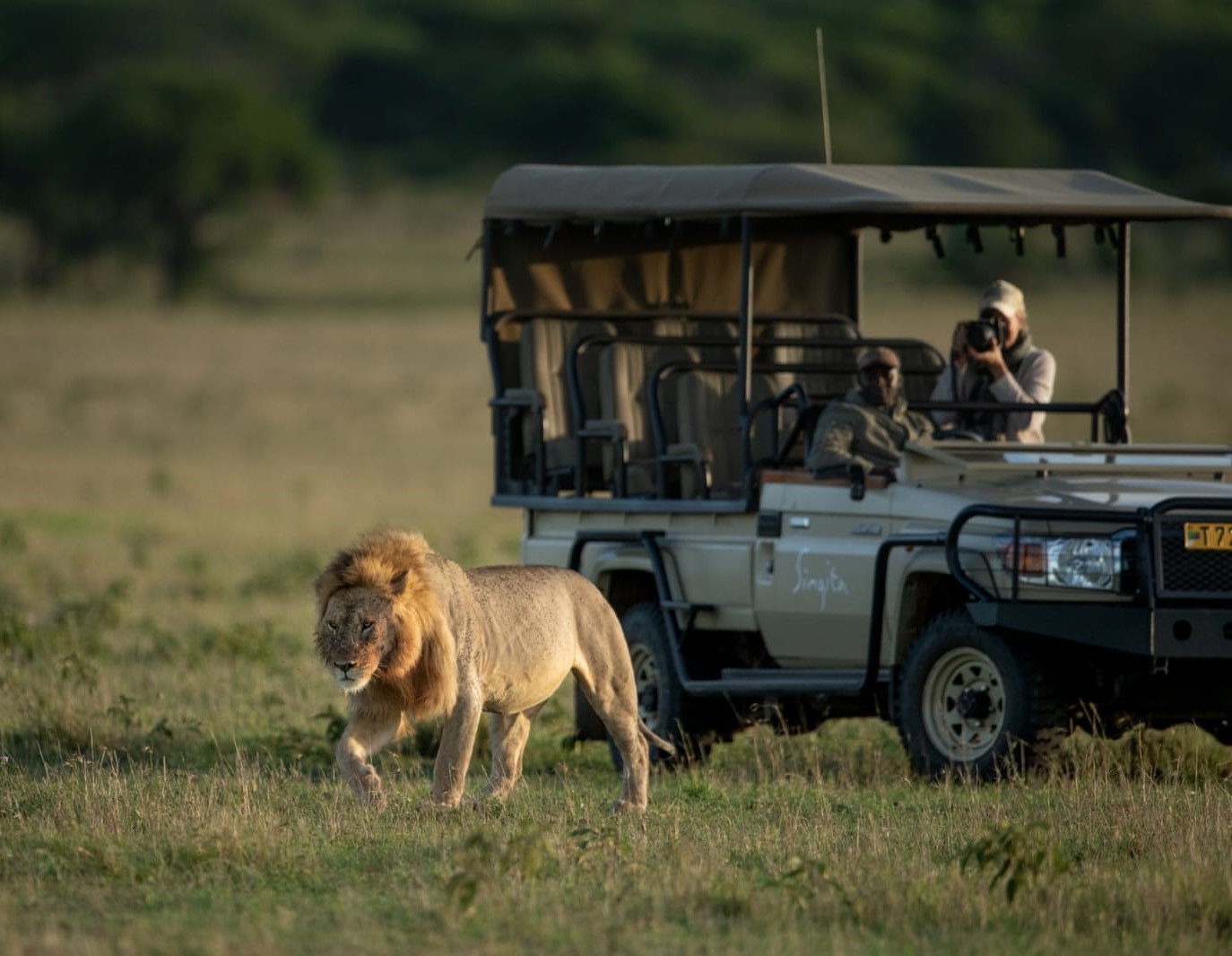Kenya and Tanzania are both popular tourist destinations known for their stunning landscapes, rich wildlife, and cultural heritage. Here are some of the best places to visit in both countries:
- **Maasai Mara National Reserve (Kenya):** A great wildlife reserve known for its stunning landscapes and rich wildlife, including the Great Wildebeest Migration.
- **Serengeti National Park (Tanzania):** This park is known for its large herds of wildlife, including the Great Wildebeest Migration, and its breathtaking landscapes.
- **Ngorongoro Crater (Tanzania):** A large, intact volcanic crater and home to a diverse array of wildlife, including lions, elephants, and rhinos etc.
- **Amboseli National Park (Kenya):** At the foot of Mount Kilimanjaro and is known for its large herds of elephants and spectacular views of the mountain.
- **Zanzibar (Tanzania):** This historic island is known for its white-sand beaches, clear waters, and well-preserved Stone Town.
- **Mount Kilimanjaro (Tanzania):** This iconic mountain is the highest peak in Africa and is a popular destination for trekking and climbing.
- **Samburu National Reserve (Kenya):** This park is known for its unique wildlife, including the rare reticulated giraffe and Grevy's zebra.
- **Lake Manyara National Park (Tanzania):** This park is known for its lush forests and diverse wildlife, including tree-climbing lions.
- **Lake Nakuru National Park (Kenya):** This park is known for its flamingos and other birdlife, as well as its rhinos and other wildlife.
- **Mount Kenya National Park (Kenya):** This park is home to Mount Kenya, the second-highest peak in Africa, and offers stunning views, trekking, and wildlife viewing opportunities.
- **Lamu Island (Kenya):** This historic island is a UNESCO World Heritage Site and is known for its well-preserved Swahili architecture and vibrant cultural scene.
- **Nairobi National Park (Kenya):** This park is located within the city limits of Nairobi and is known for its diverse wildlife, including lions, leopards, and rhinos.
These are just a few of the many great places to visit in Kenya and Tanzania. Both countries offer a wealth of natural, cultural, and historical attractions, making them a top destination for travelers from around the world.



